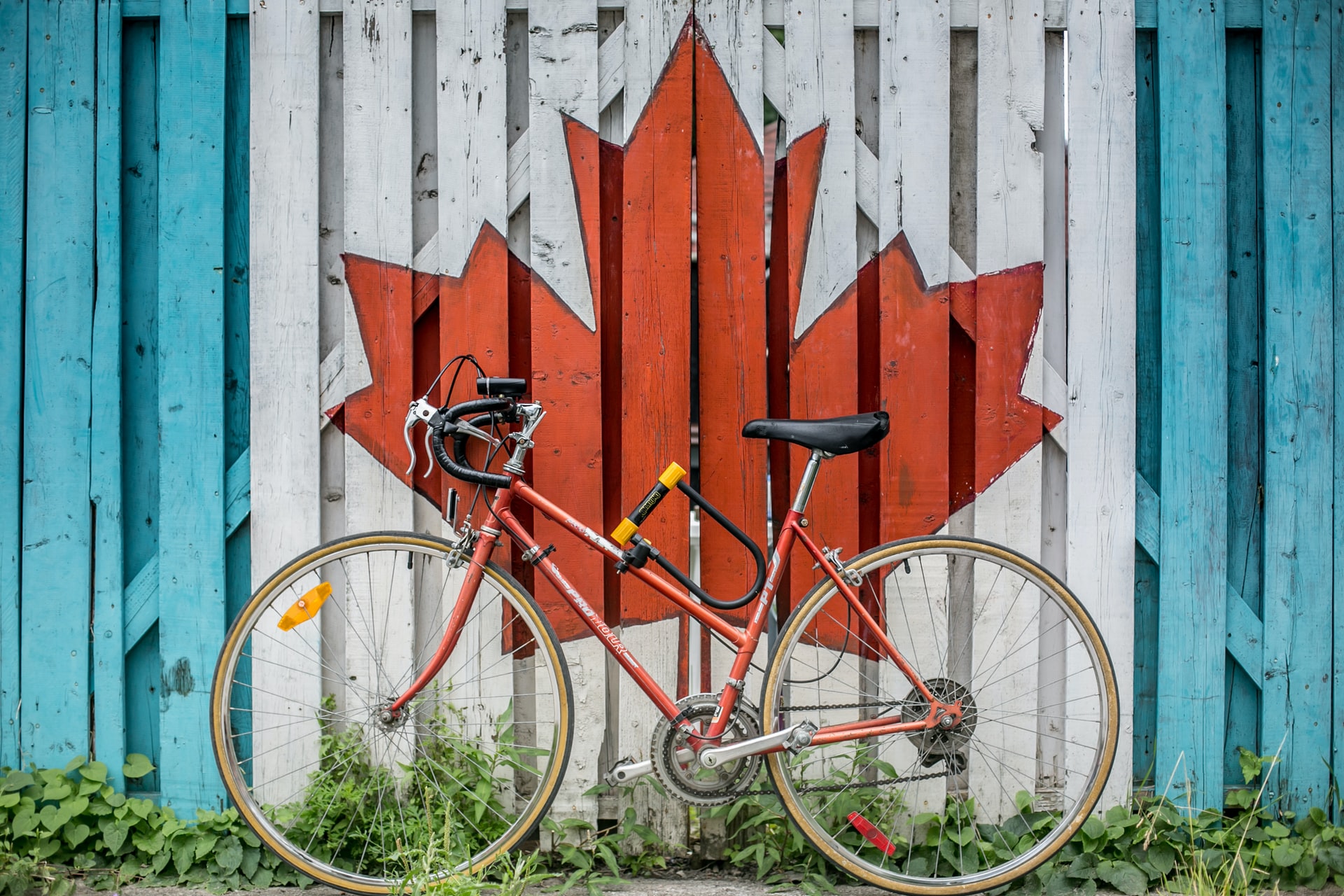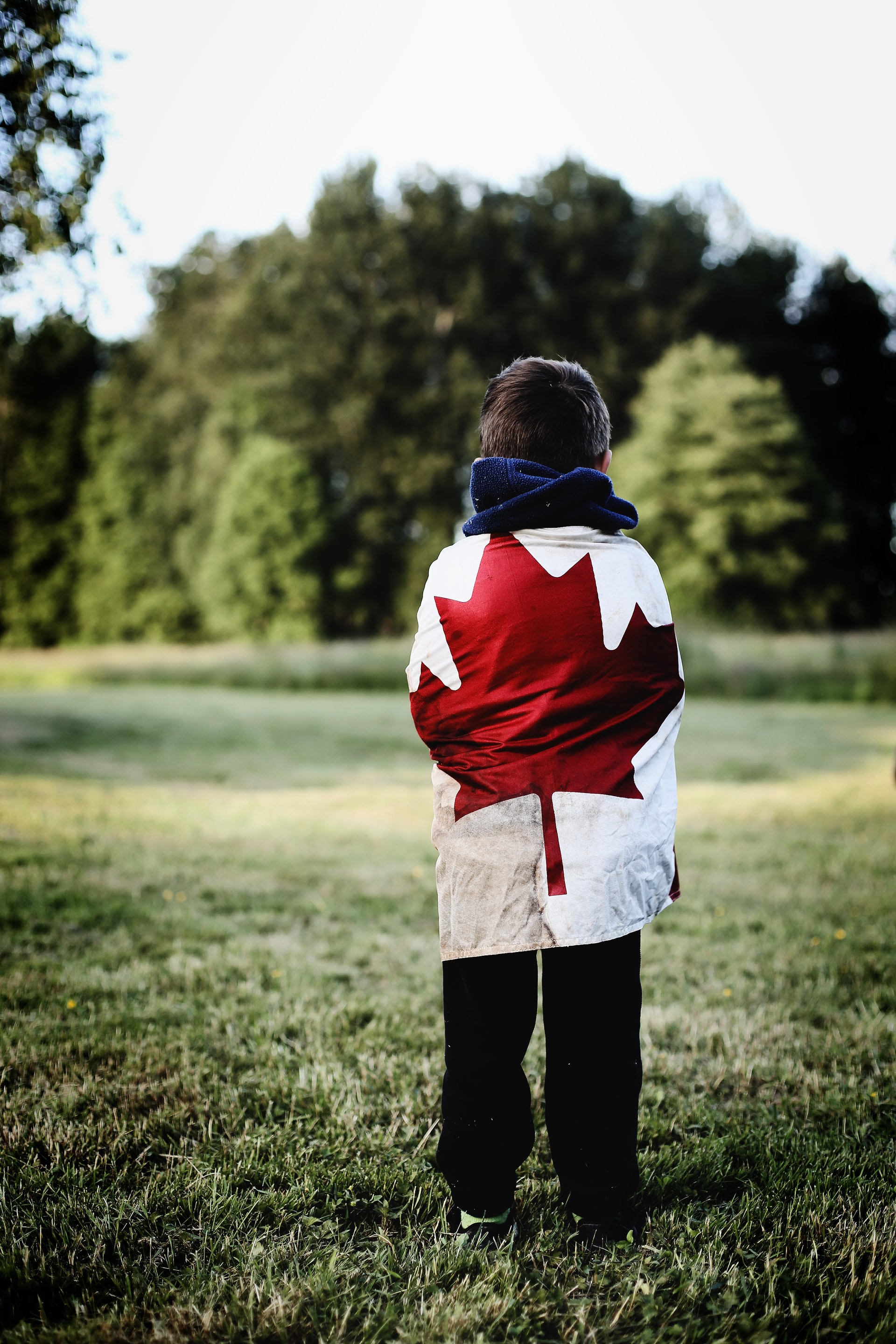
- Sustainable Planet -
- 5mins -
- 1,028 views
Canada bans many single-use plastics by end of 2022
The Government of Canada has delivered on its commitment to ban the manufacture and import of a range of harmful single-use plastics. Barring a few targeted exceptions, the law will come into effect in December 2022.
Govt. of Canada bans many single-use plastics
Last month, the Government of Canada began the roll-out of its much-anticipated ban on single-use plastic products. On June 22, 2022, the federal government published the Single-use Plastics Prohibition Regulations (the Regulations) under the Canadian Environmental Protection Act, 1999 (CEPA).
The Regulations, which ban many non-essential single-use plastics, come after nearly two years of consultations with provincial and municipal governments, industry and individual Canadians. The Regulations also follow several incremental steps over the past few years, including Environment and Climate Change Canada’s Science assessment of plastic pollution, published in October 2020, and the designation of “plastic manufactured items” as toxic substances under Schedule 1 of CEPA in May 2021, as reported by Osler at the time.
Source: Osler

Govt. of Canada delivers on commitment to ban harmful single-use plastics
No one wants to see plastic litter in their local park or hiking trail, or on the shoreline where their kids play. That’s why the Government of Canada has moved forward a comprehensive plan to ban harmful single-use plastics and keep them out of the environment. Last month, after working with Canadians and stakeholders alike to design the ban, the Government took the final step to deliver on this commitment.
On 20 June, 2022 (in Québec City, Quebec) the Minister of Environment and Climate Change, the Honourable Steven Guilbeault, and the Minister of Health, the Honourable Jean-Yves Duclos, published final regulations to prohibit single-use plastics including:
- checkout bags;
- cutlery;
- foodservice ware made from or containing problematic plastics that are hard to recycle;
- ring carriers;
- stir sticks; and
- straws (with some exceptions).
The ban on the manufacture and import of these harmful single-use plastics, barring a few targeted exceptions to recognise specific cases, will come into effect in December 2022. To provide businesses in Canada with enough time to transition and to deplete their existing stocks, the sale of these items will be prohibited as of December 2023. The Government will also prohibit the export of plastics in the six categories by the end of 2025, making Canada the first among peer jurisdictions to do so internationally.
Over the next decade, this world-leading ban on harmful single-use plastics will result in the estimated elimination of over 1.3 million tonnes of hard-to-recycle plastic waste and more than 22,000 tonnes of plastic pollution, which is equivalent to over a million garbage bags full of litter.
Canada remains steadfast in its commitments to demonstrate leadership and take strong action to reduce plastic pollution, protect biodiversity, and promote a healthy environment here at home and around the world.
This measure is an important contribution to Canada’s ongoing comprehensive agenda to address plastic waste and pollution. This measure puts Canada among world leaders in fighting plastic pollution and will help to meet the commitments of the Ocean Plastics Charter and the United Nations Sustainable Development Goals (SDGs).
Source: Canada.ca

What are the exceptions to the ban?
The Regulations contain several notable exceptions:
- Waste and bags for containing waste: The Regulations do not apply to plastic manufactured items that are waste, nor to items that are intended to hold waste (and do not meet the definition of single-use checkout bags).
- Products in transit: The Regulations also do not apply to plastic manufactured items that are transiting through Canada. Whether a single-use plastic product is considered “in transit” is determined based on the final shipping destination of the product. This exception does not include products that are warehoused in Canada and then sold or distributed to foreign customers.
- Single-use straws for accessibility needs: The Regulations permit single-use plastic straws to remain available in stores and health care facilities for people who require them for accessibility purposes. Accordingly, the Regulations do not prohibit the manufacture or import of single-use straws, nor their sale under certain conditions.
Source: Osler.com

Related initiatives and further impacts
The Regulations are part of a broader initiative by both the federal and provincial governments to eliminate the flow of plastic waste by 2030, as outlined in the Canadian Council of Ministers of the Environment’s Strategy on Zero Plastic Waste [PDF] and the Ocean Plastics Charter.
While these are the first comprehensive federal regulations banning certain plastic use, several provinces have already enacted various initiatives to limit the use of plastics. For instance, this previous Osler Update provides a rundown of several initiatives taken in Ontario last year. Furthermore, last July, British Columbia amended the Spheres of Concurrent Jurisdiction – Environment and Wildlife Regulation under the Community Charter, to allow municipal governments to issue bylaws banning plastic bags and certain other single-use plastics without requiring prior provincial approval.
Analysts at Osler expect these provincial and municipal initiatives will continue to develop in parallel to the federal regime, and may impose additional restrictions on the use of certain plastics.
The Regulations represent a significant shift in the regulation of plastic products across the country, which will have notable impacts for industry, retailers and everyday Canadians. However, the Regulations target only a fraction of the plastic products in Canada. This shift is part of a broader movement, as outlined in Canada’s Zero Plastic Waste Agenda, which promises further and increasingly significant change to the regulation and use of plastics and other manufactured products in the years to come.
Problematic plastics include expanded or extruded polystyrene, polyvinyl chloride, oxodegradeable plastic or black plastic made with carbon black, per the federal government’s technical guidelines document.
Source: Osler.com


